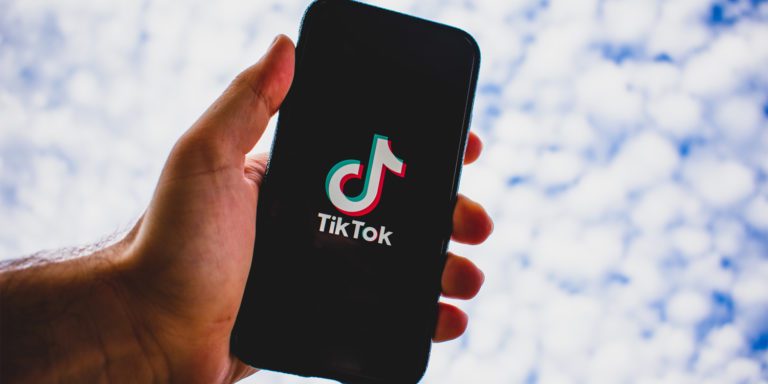
The impact of iOS 14 on digital marketing.
Changes are happening in the big wide world of Apple.Changes your marketing teams should know and follow closely.
why is this happening?
Apple’s latest updates seek to prioritise user privacy. In recent years it’s proven to be one of their long-term investments. It’s understandable, therefore, that Apple has limited interest in accommodating Facebook within their product ecosystem. In simple terms, the Apple and Facebook business models are very different. Facebook makes money primarily from advertising, and Apple from subscriptions and products sold both in-store and online.
But despite this, it could be argued that iOS 14 is more about profit than privacy. The new iOS Tracking Transparency policy will push businesses and developers into a business model that benefits the bottom line of, you guessed it…Apple. This will be through Apple tax and Apple’s advertising business. For example, if businesses need to find alternative ways of making money than advertising they may turn to in-app payments – the fees of which are subject to 15-50% Apple tax. Makes sense now, doesn’t it?
how much will it impact the online marketing landscape?
The changes with iOS 14 will impact how we receive and process conversion events from tools such as the Facebook Pixel. Businesses that optimise, target, and report on web or app conversion events will be affected. Essentially, the change means we’ll have more limitations when it comes to tracking users, which in turn means we’ll know less about visitors (impacting remarketing) and the actions these users take on websites or within apps (impacting conversions).
As these changes are only happening within the Apple ecosystem, it will not affect all users. The market share between Android and Apple sits at roughly 75/25 and so it’s fair to say that there will be some level of impact to almost all advertisers. Having said that, keep in mind that not all users will update to the latest iPhone or run iOS 14 immediately. Similarly, not all users will opt-out of tracking and so we’ll only understand the true impact of these changes in the fullness of time.
iOS 14 won’t only affect Facebook either. It will have an impact on all social media apps as well as Google Ads (mostly for remarketing). The immediate effect will be felt from the remarketing audiences first. If an iPhone user opts out, website events and conversions will still occur but the ad platform won’t know who these people are, thus affecting remarketing efforts. Note that this will only happen from third-party data, first-party data will remain unaffected, which means that any users taking actions inside of apps such as sharing, reacting, clicking, viewing a video etc. can be reached and retargeted as normal.
In the long run, the initial interest-based audiences may shrink but their quality might improve. Some brands may adjust advertising spend as a result of these changes and in turn this could lead to lower platform CPMs. Facebook needs Pixel data to grow its Machine Learning system and so less data fed back to the system will impact the overall system performance such as Lookalike audiences and its ability to find the best users for each conversion action.
So what can we do about it?
As a fundamental starting point, we are reviewing the share of each clients’ iOS 14 traffic and understanding conversion behaviours of those users to date. We’ll then monitor campaign CPA following these changes and adjust our strategies accordingly. It goes without saying that changes in light of iOS 14 will involve significant testing but doing so will enable agencies and brands alike to be well prepared for all resulting scenarios.
Furthermore, the response from Facebook and the introduction of Aggregated Events Measurement will allow for measurement of web events from iOS 14 devices and so continued measurement of performance should be possible in some capacity. For website conversion events, taking steps to verify your domain will help to prevent any future disruption of website campaigns; this is particularly important if domains have multiple businesses or personal ad accounts that own Pixels. There are also other ad account considerations when advertising to devices on iOS 14 e.g. there will now be a maximum of 8 conversion events per domain. This should be sufficient for most businesses but could prove problematic for businesses needing to track a high number of conversion actions.
The focus should also shift to putting together more native ads – such as organic, UGC-like ads to blend within users’ feeds. As well as this, investing more marketing budget to grow other owned channels such as email will be crucial. Growing an email list with paid ads could be an important step to take and will help brands to retain their audiences in the long run. We always recommend period reviews of client advertising channels and now might be a good time to assess investment through Facebook Ads relative to Google Search, Shopping, Email and other activities.
The ad landscape will continue to evolve but there are already clear shifts towards a ‘cookieless future’ and the sooner businesses plan and adjust for inevitable change, the better.
If you’d like to learn more about how we’re tackling these challenges, and how we can support you in doing so – don’t hesitate to get in touch!















